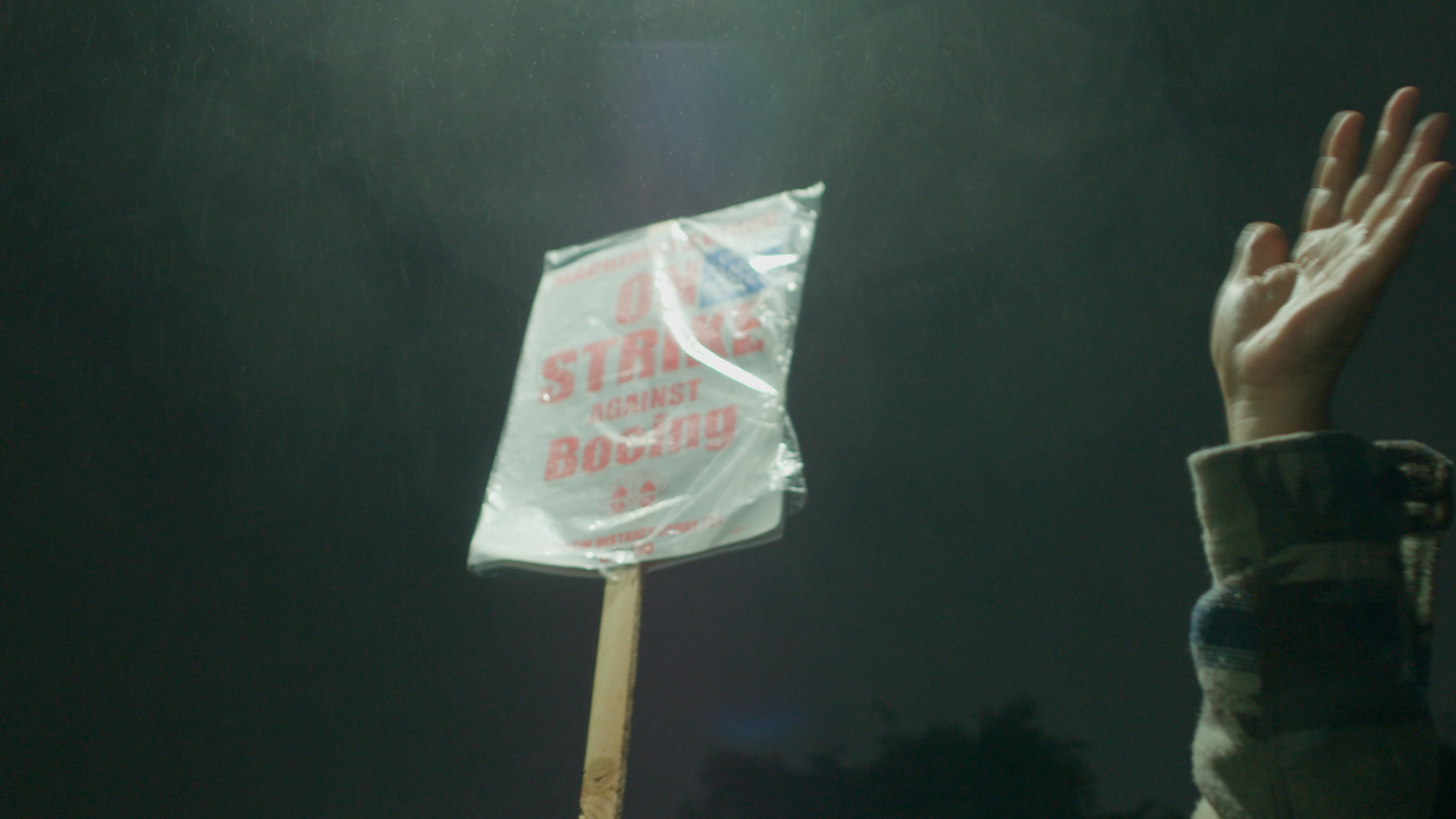


|
|
|
2024-2025 Colloquium Series “Strikecation”: Observations from a Boeing Picket Line
Luke Wigren, Filmaker and Musician Friday, February 21, 4PM-6PM PDT Hosted on Zoom: [click here] * *There is no password needed to join this meeting. However, please ensure that you are logged into your Zoom account before clicking on the meeting link. Abstract “There will be revolution so long as men without work are thought to be worthless. This revolution may not be successful from the standpoint of the ‘undesirables’ who wage it, yet there is nothing more damaging to a society than uninterrupted unsuccessful revolution.” – DeanMacCannell, The Tourist When Boeing machinists went on strike last September, I was swept up in the excitement as, for a brief moment, my peripheral hometown of Renton, Washington became what you could almost call “a destination.” Not everyone was as enthusiastic as me, least of all the stockholders. But for the thousands of airplane assemblers who typically can’t leave work fast enough, and for curious neighbors like myself who see Boeing only through barbed wire, suddenly the picket line’s 24-hour presence afforded us all a rare opportunity to visit. As a filmmaker with a background in tourism studies, I documented the duration of the two-month strike and couldn’t help but appreciate the symbols and cultural patterns, along with the myriad contradictions, of this new, ephemeral place at the margin of factory and civil society, where liminality had itself become the site of attraction. The burn barrels, picket signs, and communal donuts and coffee were all part of a new, albeit temporary, symbolic order -- a “strikecation” as one union member coined it. For this evening’s TSWG presentation I will present a slideshow of still photos from the 2024 machinist strike, accompanied by anecdotes and observations from two months on the picket line. Strikes are nothing new, of course, yet as we see a resurgence of union activity not witnessed since the early 1900s, I believe that studying the picket line as something of “an American pastime” will shed light on the current state of global industrial labor (and leisure) as society reaches an inflection point in union density, automation, and gigification. Speaker Bio |
